Certificates: Sustainable travel in Scandinavia
Sustainable travel is playing an increasingly important role in the Northern European tourism industry and this does not only concern ecological alternatives of arrival and departure. The sensitivity to combine tourism and environmental protection is growing in many areas. Travellers who care about sustainability on their tours also attach great importance to the social and environmental compatibility of their accommodation and activities.
- Sustainability certificates in Scandinavia
- Initiative for sustainable tourism in Norway
- Nature's Best in Sweden
- Sustainable Travel in Finland
Taking responsibility
Both in larger hotel or holiday home complexes and in smaller, family-run companies, attention is paid to factors such as the economical use of water and energy, the use of renewable energies or waste separation and recycling as well as the socially acceptable treatment of employees. Especially the support of local companies and partners is of great importance in the sustainability movement. The taking on of social responsibility by companies – whether large or small – should always be transparent.
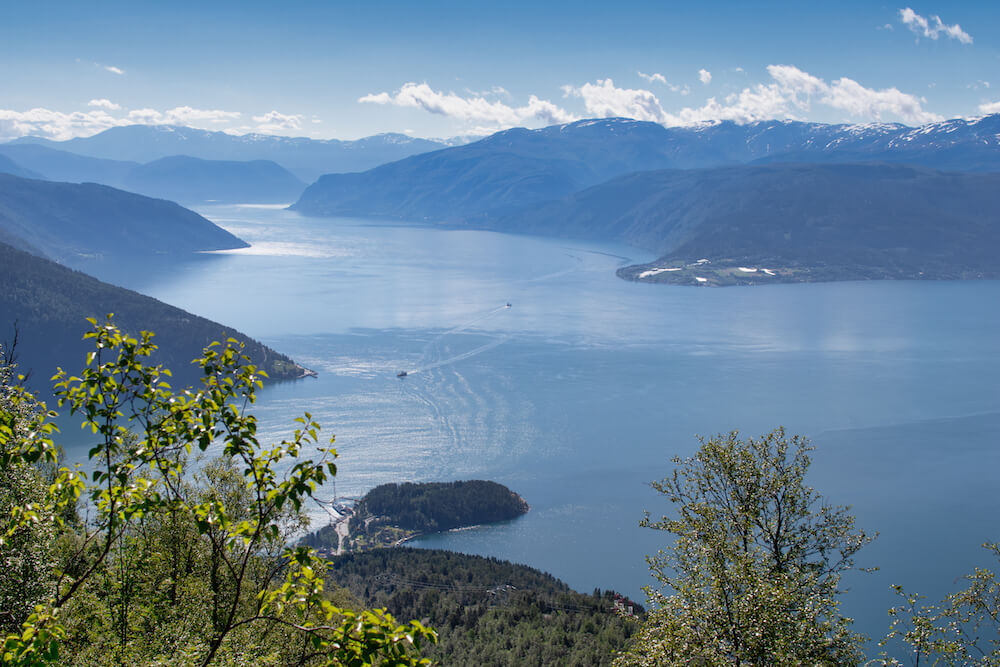
But how can you tell when choosing a partner, whether a hotel, an accommodation or a tour provider places as much value on a climate- and environmentally-friendly offer as the customer looking for it? Due to the increased demand for environmentally friendly and socially responsible travel, many independent initiatives have been set up to certify the sustainability of companies.
Sustainability certificates as a help
In recent years the number of certificates has increased - a thicket of certificates for different areas has formed, which has become confusing in many places.
Therefore we want to give an overview of some of the most important certificates for the Northern European tourism industry (the overview does not claim to be complete and can be updated continuously).
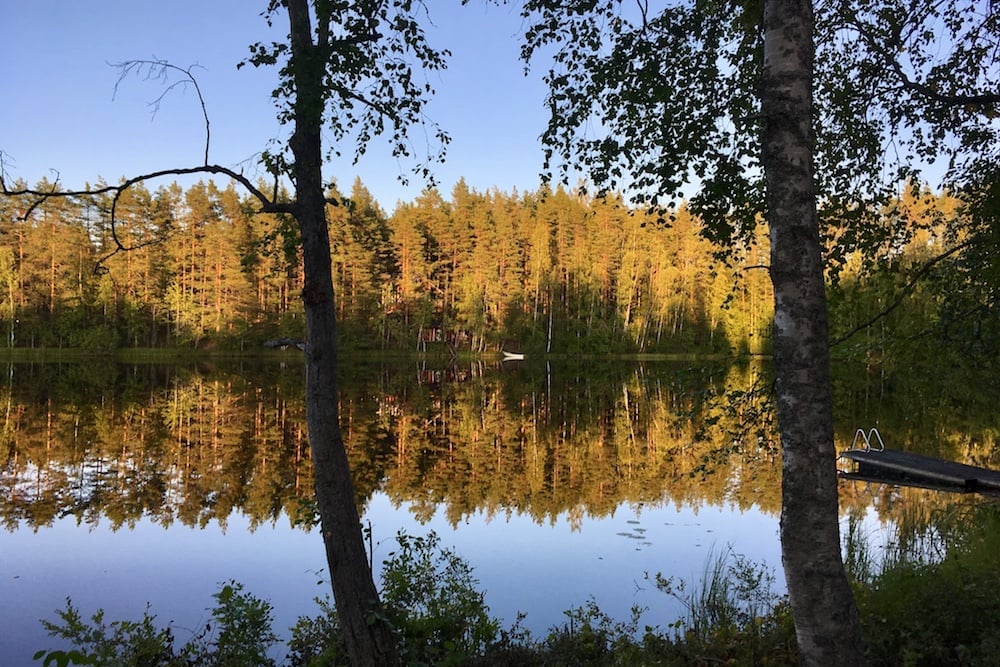
Sustainability certificates in Scandinavia
Some of the certificates used in the tourism industry apply to the whole of Scandinavia or are European initiatives. These include for example:
- Nordic Swan: The 'Nordic Ecolabel Nordic Swan' aims to reduce the environmental impact of the production and consumption of goods and to make it easier for consumers and professional buyers to choose the most environmentally friendly goods and services. In the tourism sector, this refers mainly to the categories of hotels, restaurants and conference facilities. They can apply for the label and show their customers that they are doing their bit for the environment. It applies in Denmark, Sweden, Norway, Finland and Iceland.
- Green Key: 'Green Key' is a voluntary eco-label awarded to more than 3,100 hotels and other establishments in 57 countries. The Green Key Award is the leading standard for excellence in environmental responsibility and sustainable management in the tourism industry. This prestigious eco-label represents a commitment on the part of companies to ensure that their premises meet the strict criteria of the Foundation for Environmental Education. This label is also awarded to accommodation, attractions, restaurants and conference centres in all Scandinavian countries.
- Blue Flag: The 'Blue Flag' is one of the world's most recognised voluntary eco-labels for beaches, marinas and sustainable boat tourism providers. To qualify for the Blue Flag, a number of strict environmental, educational, safety and accessibility criteria must be met and adhered to. Beaches, ports and suppliers in Sweden, Norway, Denmark and Iceland already bear the Blue Flag as a sign of their environmental friendliness.
Initiative for sustainable tourism in Norway
Norway is the only Nordic country to have a national label system: the 'Sustainable Destination' certificate, which identifies entire destinations as sustainable. 13 destinations (including the Lyngenfjord region) can already call themselves sustainable destinations - a further nine destinations are well on their way to certification.
The seal of approval does not guarantee that the destinations are already 100% sustainable. However, these destinations have initiated the long-term process of sustainable destinations and are constantly working to become even more sustainable. Interested destinations can be evaluated every three years.
Sustainable development, which is confirmed to holders of the certificate, refers not only to the environment, but also to factors such as local community, cultural heritage and economy.
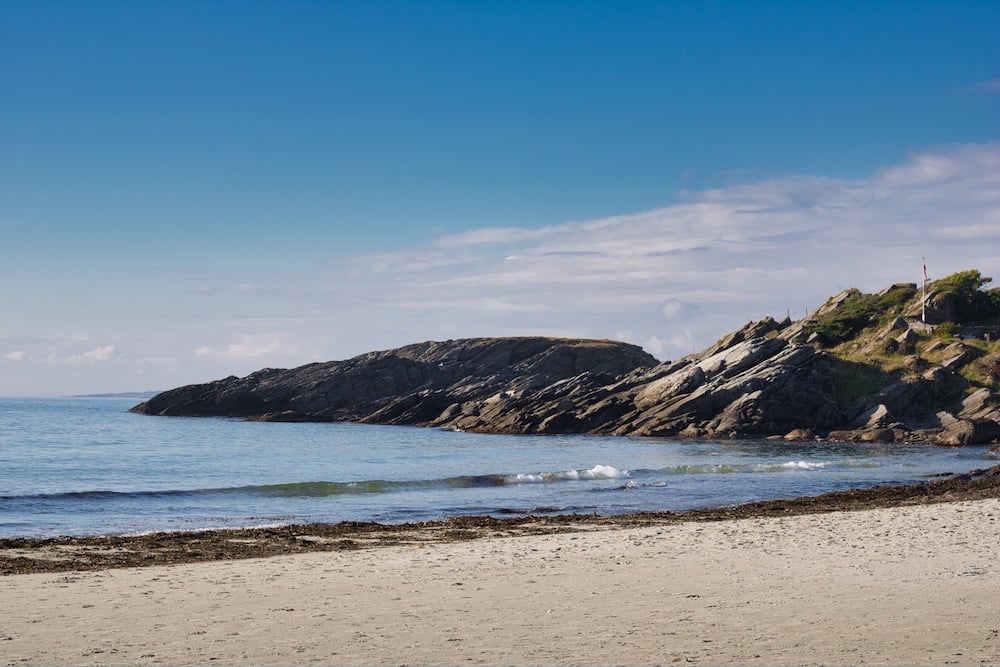
Nature's Best in Sweden
In Sweden, too, people think a lot about nature and its protection. 'Nature's Best' is the country's way of encouraging environmentally aware and responsible travel. The quality label 'Nature's Best' is a decisive reason why nature tourism in Sweden is developing so rapidly. The label was introduced in 2002 and was the first of its kind in the northern hemisphere.
In addition, it was Europe's first eco-label to ensure the quality of a wide range of experiences, carried out by nearly a hundred environmentally certified tour operators throughout Sweden. The seal is sometimes regarded as the most demanding and detailed quality brand in the world. The focus is on the quality of the travel experience, combined with strict environmental and nature conservation measures and a clear local connection.
Sustainable travel in Finland
Finland has recently introduced a label to simplify sustainable travel in the land of 1000 lakes. 'Sustainable Travel Finland' is intended to show that the country is on the way to becoming a responsible travel industry. For the tourism industry to be able to respond to changing demand and continue to grow, development must be sustainable. The 'Sustainable Travel Finland' label will make it easier for tour operators and travellers to identify a tourism company and destination that takes sustainability seriously. It has also been developed to help the tourism industry in Finland to adopt sustainable practices.
There is also the Sustainable Finland Pledge for tourists. By taking the Sustainable Finland Pledge you make a promise to respect and treasure the Finnish nature, its inhabitants and culture during your visit.
Share this
You may also like
These related stories
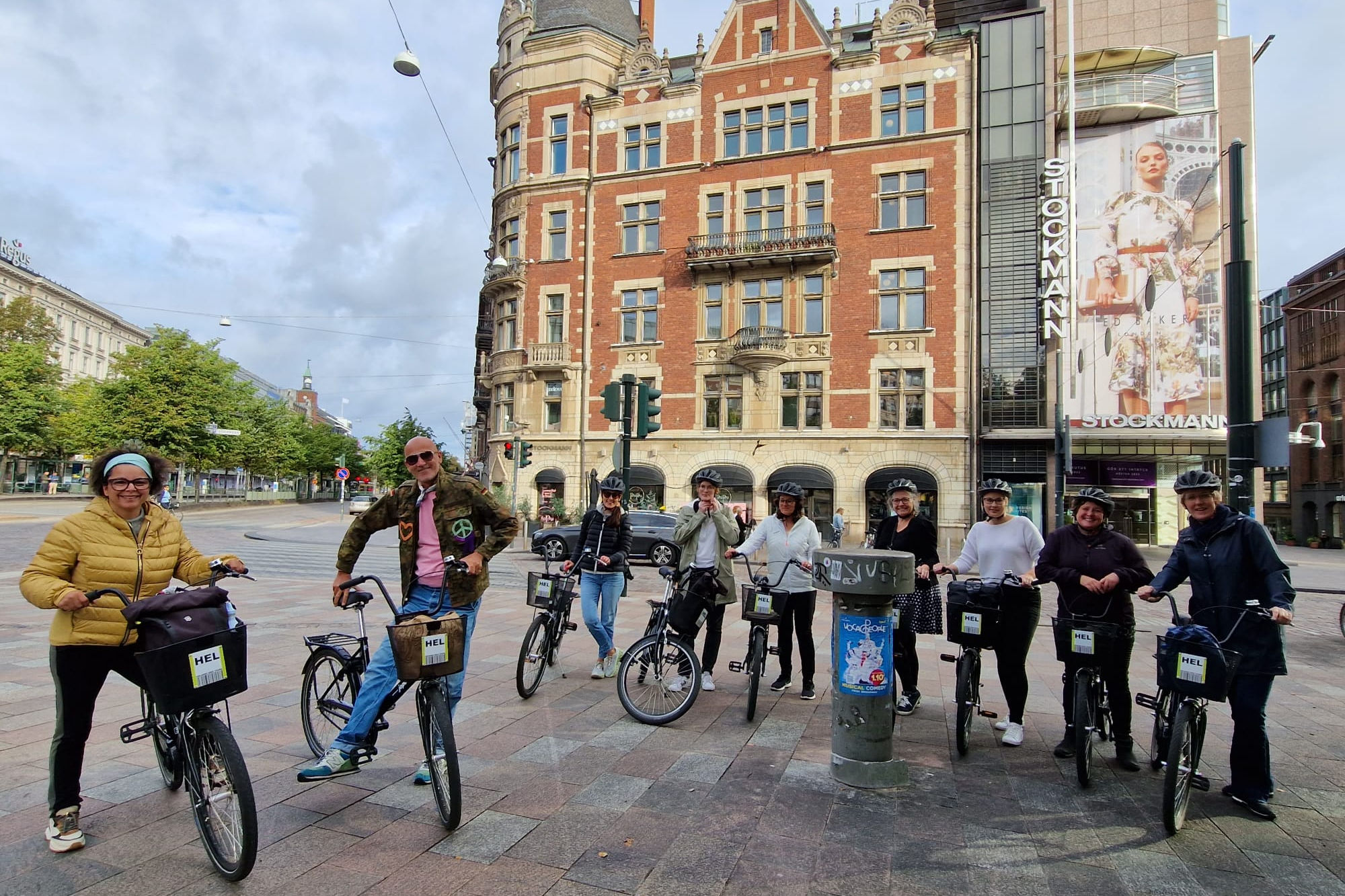
Fam trip to Finland's sustainable capital region
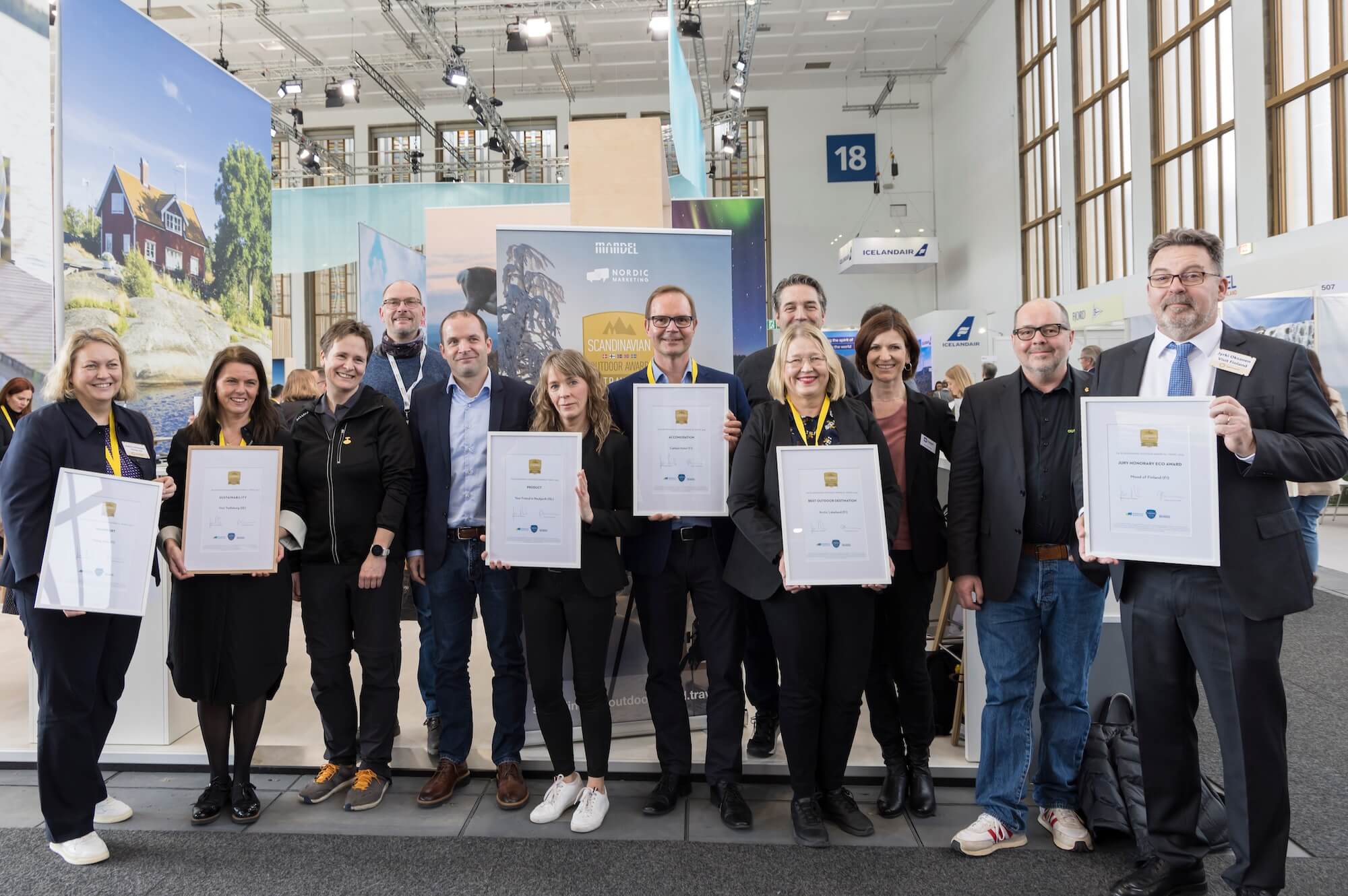
Winners of the Scandinavian Outdoor Award TRAVEL 2024
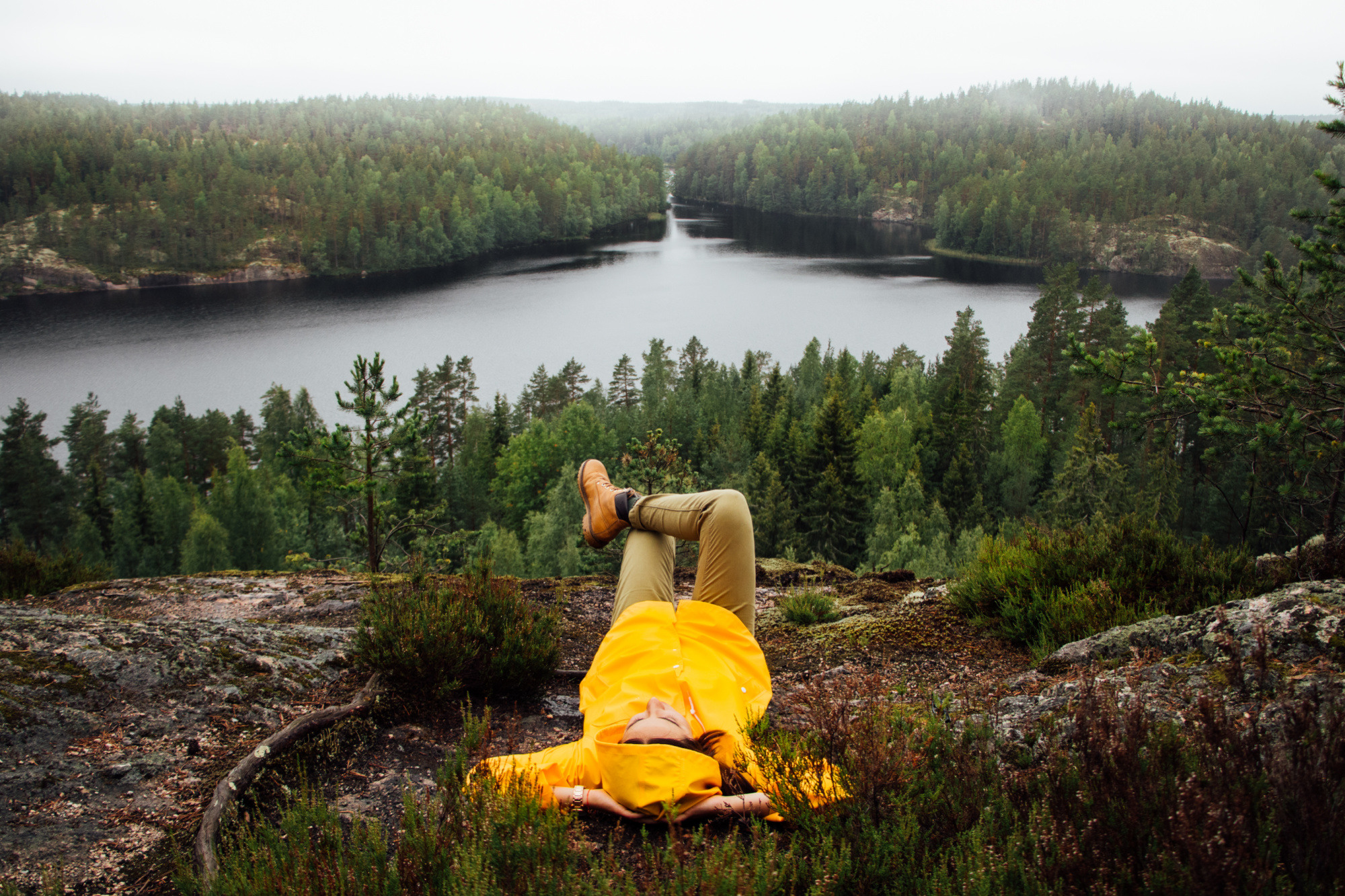

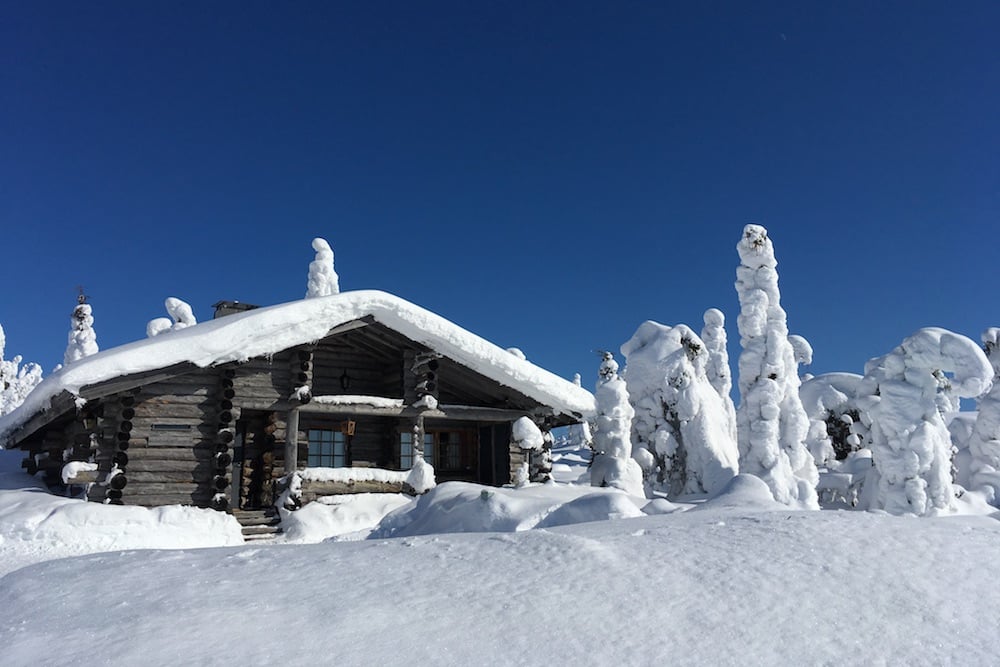

No comments yet
Let us know what you think